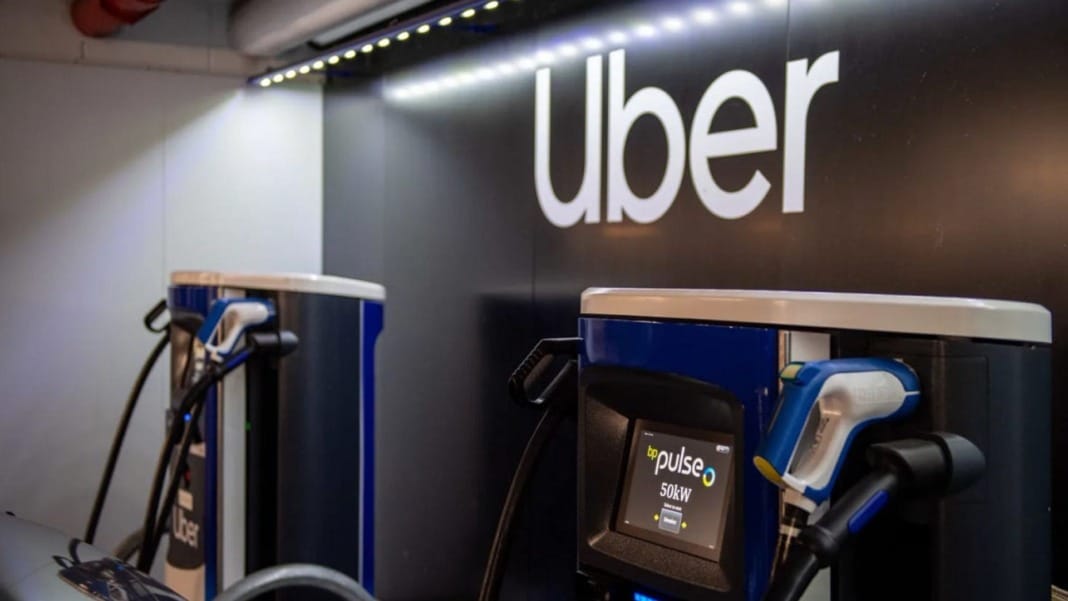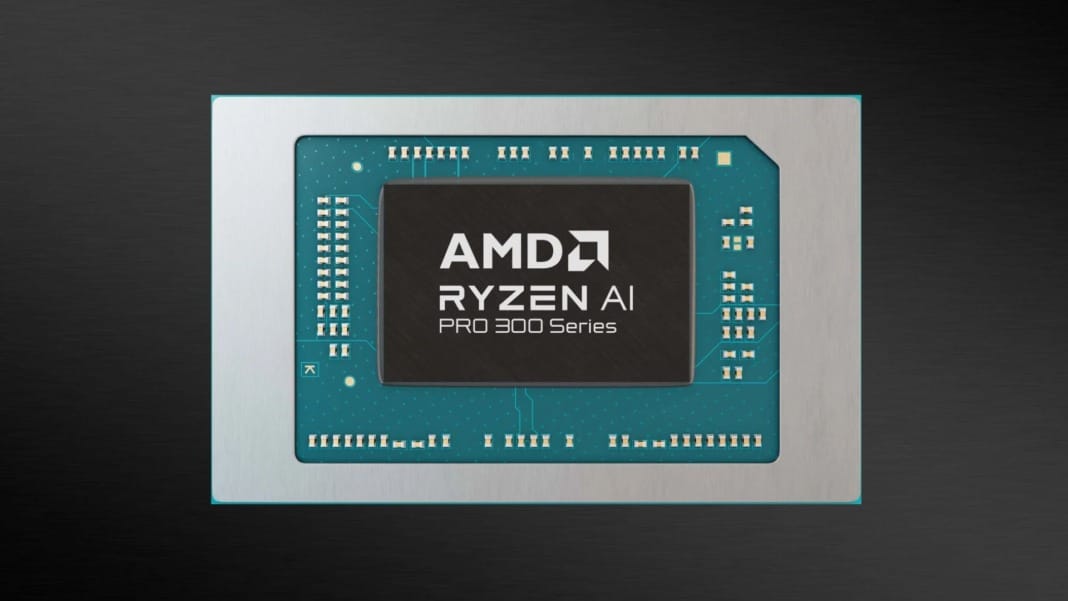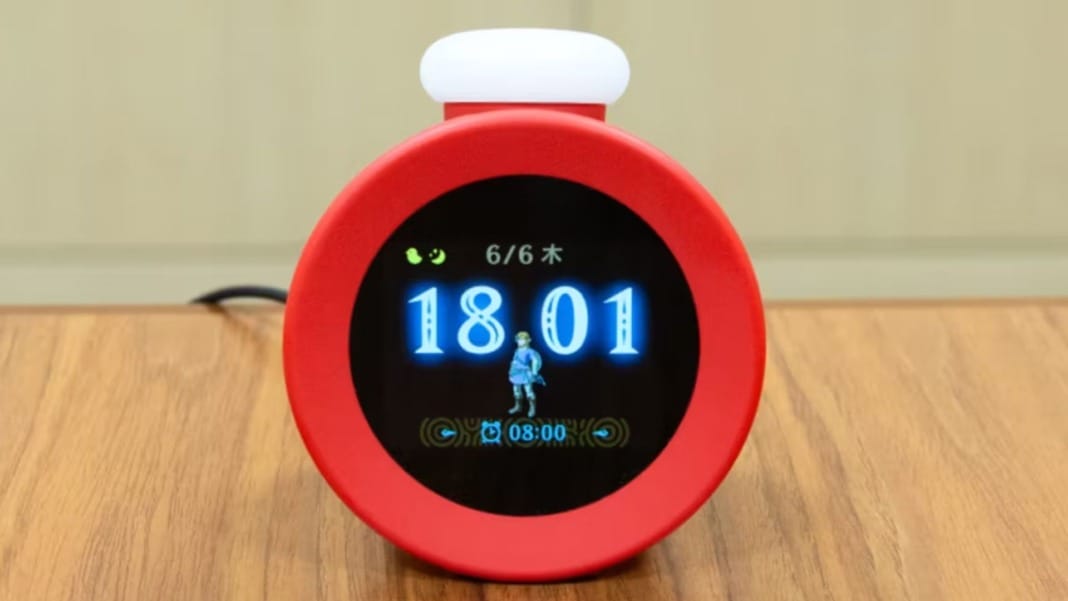Uber is taking a bold step towards promoting electric vehicle adoption (EV) adoption by integrating ChatGPT into its platform. The ride-share giant announced this innovative AI-driven solution at the London Go Get Zero sustainability conference. This move is part of Uber’s broader push for green initiatives as it works to make the switch to EVs more accessible for its drivers. The company has turned to OpenAI’s powerful GPT-4 model, the same one behind ChatGPT, to help drivers feel more confident and comfortable when transitioning to an electric car.
The AI assistant is designed to act as a personal automotive guide, offering tailored advice to each driver based on their needs. Whether you’re curious about the cost of buying an EV, how to charge and maintain it, or even the benefits of switching from petrol to electric, this AI will provide answers that match your unique situation. It’s all about making the switch smoother and less overwhelming, especially for drivers who may not be familiar with the technicalities of EVs.
Tailored support for drivers
One of the standout features of this AI assistant is its ability to adapt its guidance based on where the driver lives. EV adoption incentives, rebates, and charging infrastructure vary significantly from place to place, and Uber’s new AI ensures that drivers receive relevant information specific to their location. For instance, an Uber driver in California might be informed about the state’s generous tax credits for buying an EV, while a New York driver could learn about local discounts on charging stations.
This geographical tailoring is crucial, as it acknowledges that switching to an electric vehicle involves much more than just choosing a car. Drivers need to understand the broader ecosystem around EVs, from government incentives to charging availability, and Uber’s AI is equipped to provide that information in an easy-to-understand format.
The AI assistant will also help drivers locate nearby charging stations, helping them stay on the road with minimal disruption. This personalised approach could be a game-changer in time, making the transition to EVs much less daunting for Uber drivers.
Expanding AI capabilities
While AI focusses on electric vehicles, Uber plans to expand its capabilities. By 2025, the company aims to widen the scope of questions the AI can answer and the data sources it pulls from, making it even more versatile and useful. The goal is to create an AI that can help drivers with various aspects of their work, not just EV-related issues. This broader approach could make Uber’s AI an essential companion for drivers, no matter what type of vehicle they drive.
The introduction of this ChatGPT-based assistant also aligns with Uber’s other initiatives to boost EV adoption. For example, riders can now specifically request an EV, and Uber encourages experienced EV drivers to mentor others considering the switch. Uber hopes to create a well-rounded approach to EV adoption by combining human support with AI guidance.
For OpenAI, this partnership marks another important step in its journey into the automotive world. ChatGPT’s influence is growing, with car manufacturers like Volkswagen already embedding the technology into their vehicles. Volkswagen’s upgraded Ida voice assistant now uses OpenAI’s model to handle a wider range of requests, making it more conversational and user-friendly. With other carmakers like Mercedes-Benz also experimenting with AI-driven assistants, OpenAI is positioning itself as a key player in the future of vehicle AI.
Uber’s decision to integrate ChatGPT into its platform is a significant milestone for the company and the broader adoption of electric vehicles. Using AI to make the transition to EVs easier, Uber is leading the charge towards a more sustainable future for its drivers and passengers.





